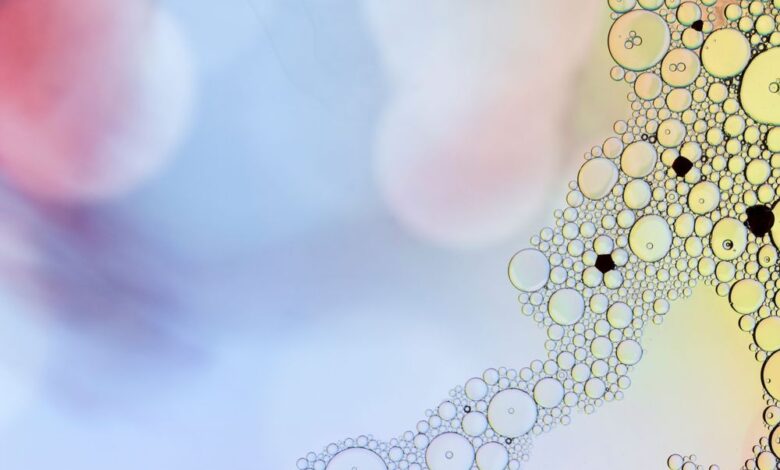Unveiling The Dynamics Of Biosimilar Competition And Innovation In The Pharmaceutical Landscape

In the rapidly evolving pharmaceutical sector, a significant shift is underway as biosimilars begin to pose a challenge to the supremacy of established blockbuster drugs. This shift is particularly evident in the case of AbbVie Inc. (NYSE:ABBV) and its flagship arthritis treatment, Humira. The entry of nine biosimilars into the US market last year, AbbVie Inc. has impressively managed to secure more than 98% of Humira’s market share. This scenario highlights the intricate dynamics at play in the healthcare system’s embrace of biosimilars, which are expected to make biotech medicines more affordable and accessible.
Biosimilars, which are essentially the biologic equivalent of generic drugs, were initially seen as a beacon of hope for reducing healthcare costs. However, the journey has been anything but straightforward. The case of Boehringer Ingelheim and its biosimilar, Cyltezo, exemplifies the hurdles faced by manufacturers in this space. These challenges range from capturing market share to overcoming the preference of pharmacy benefit managers (PBMs) for branded drugs. In response, Boehringer Ingelheim has pivoted towards a hybrid sales model, a move that reflects a wider industry trend towards digital engagement and operational efficiency.
The competitive arena is further muddled by intricate pricing strategies. Boehringer Ingelheim and other manufacturers offering their biosimilars at a significant discount to Humira’s list price, the adoption of these alternatives has been sluggish. This situation underscores the influential role of PBMs and insurance policies in dictating market dynamics, raising questions about the extent to which biosimilar competition can fulfill its promise of making biologic treatments more affordable.
On the flip side, AbbVie Inc. is not resting on its laurels but is actively seeking to innovate and broaden its product portfolio. Through strategic acquisitions and a focus on research and development in various therapeutic areas, the enterprise is adeptly navigating the challenges posed by patent cliffs and market competition. Its recent acquisitions of Immunogen and Cerevel Therapeutics are testament to AbbVie Inc.’s commitment to bolstering its therapeutic arsenal and cementing its position in the market.
Moreover, the narrative of pharmaceutical innovation is not limited to traditional drug development. Companies like NEXGEL are at the forefront of integrating advanced technologies to create novel medical solutions. NEXGEL’s collaboration with AbbVie Inc. to supply gel pads for the Resonic Rapid Acoustic Pulse device is a prime example of how partnerships can drive medical innovation. These collaborations not only expand treatment modalities but also highlight the critical role of technological advancements in meeting contemporary healthcare needs.
As the pharmaceutical industry navigates the intricate interplay between biosimilar competition and the imperative for innovation, the landscape is set for a transformative phase. The strategies employed by entities like AbbVie Inc. and NEXGEL, along with the evolving regulatory and market dynamics, will significantly influence the trajectory of drug affordability and accessibility. This unfolding saga of competition and innovation in the biosimilar domain presents a complex, however, optimistic future for the pharmaceutical industry, promising substantial benefits for patients and healthcare systems globally.


